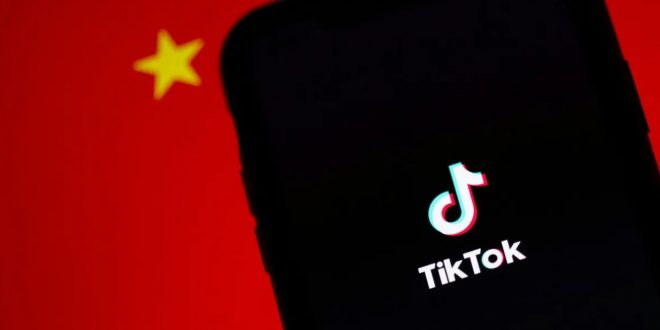A measure has just been approved by the US House, which has the potential to result in a statewide ban on TikTok, unless its Chinese proprietor ByteDance sells it within a span of six months.
The legislation, often referred to as the Protecting Americans from Foreign Adversary Controlled Applications Act (H.R. 7521), was successfully approved by a vote of 352-65 on March 13th. It is now advancing towards the Senate.
Although the outcome is still uncertain, President Joe Biden has already stated that he will sign the bill if Congress approves it.
However, several political analysts argue that implementing the ban would be very difficult and unlikely to occur in the near future, even if it successfully navigates all the required procedures. Similarly, the sale of TikTok would present significant challenges because of the narrow pool of possible purchasers.
What is the rationale behind the United States’ intention to prohibit TikTok?
The prospective prohibition of TikTok arises from apprehensions that the app’s proprietors, ByteDance, Ltd., headquartered in Beijing, are indebted to the Chinese government, which has the capacity to abuse or weaponize the application.
Advocates of the legislation assert that ByteDance has the potential to provide the Chinese government with confidential information on the more than 150 million American users of the social media application. Moreover, there are many who argue that TikTok has the potential to disseminate propaganda and disinformation to the United States, therefore fostering a sense of mistrust among its citizens.
The Chinese Communist Party (CCP) is a significant national security concern in contemporary times since it represents a formidable foreign adversary. Representative Cathy McMorris Rodgers, a Republican from Washington State, said that TikTok’s ability to reach 177 million American users makes it a powerful weapon for the CCP to exploit for propaganda purposes.
“We have presented TikTok with a definitive decision: either disassociate from its parent company, ByteDance, which is under the control of the Chinese Communist Party (CCP), and continue operating in the United States, or align with the CCP and accept the repercussions,” she said.
The decision rests with TikTok.
Nevertheless, several legislators from both political parties have voiced their dissent towards the measure, contending that it encroaches upon individuals’ freedom of expression and their capacity to get information.
“I have significant apprehensions regarding the unauthorized access of our personal data by foreign adversaries on the internet. However, this bill does not provide the necessary comprehensive reform to effectively control Big Tech and safeguard Americans from harm and manipulation.” “I am unwilling to impose a prohibition on TikTok on my constituents who, under the neo-fascist authority of Governor DeSantis, depend on social media for financial support, access to information, and social connections,” said Representative Maxwell Frost, a Florida Democrat, in a formal declaration.
He used the phrase “count me out.”
What effect may the prohibition of TikTok have?
Implementing the prohibition would be a significant and impactful action. In 2018, TikTok emerged as the most widely downloaded application in the United States, surpassing prominent platforms such as Facebook, Instagram, Snapchat, and YouTube in terms of download volume. Furthermore, it has a significant impact on culture, either positively or negatively, and plays a crucial part in shaping online trends.
From a geopolitical perspective, this development would represent a noteworthy achievement in the intensifying competition between China and the United States. Nevertheless, such a measure would not be entirely unusual. China has implemented restrictions on accessing many platforms, such as Google, Facebook, YouTube, Wikipedia, Reddit, Instagram, WhatsApp, Twitch, and others. Similarly, the United States has imposed bans on some Chinese technology firms, including Huawei and ZTE.
 Tech Gadget Central Latest Tech News and Reviews
Tech Gadget Central Latest Tech News and Reviews




